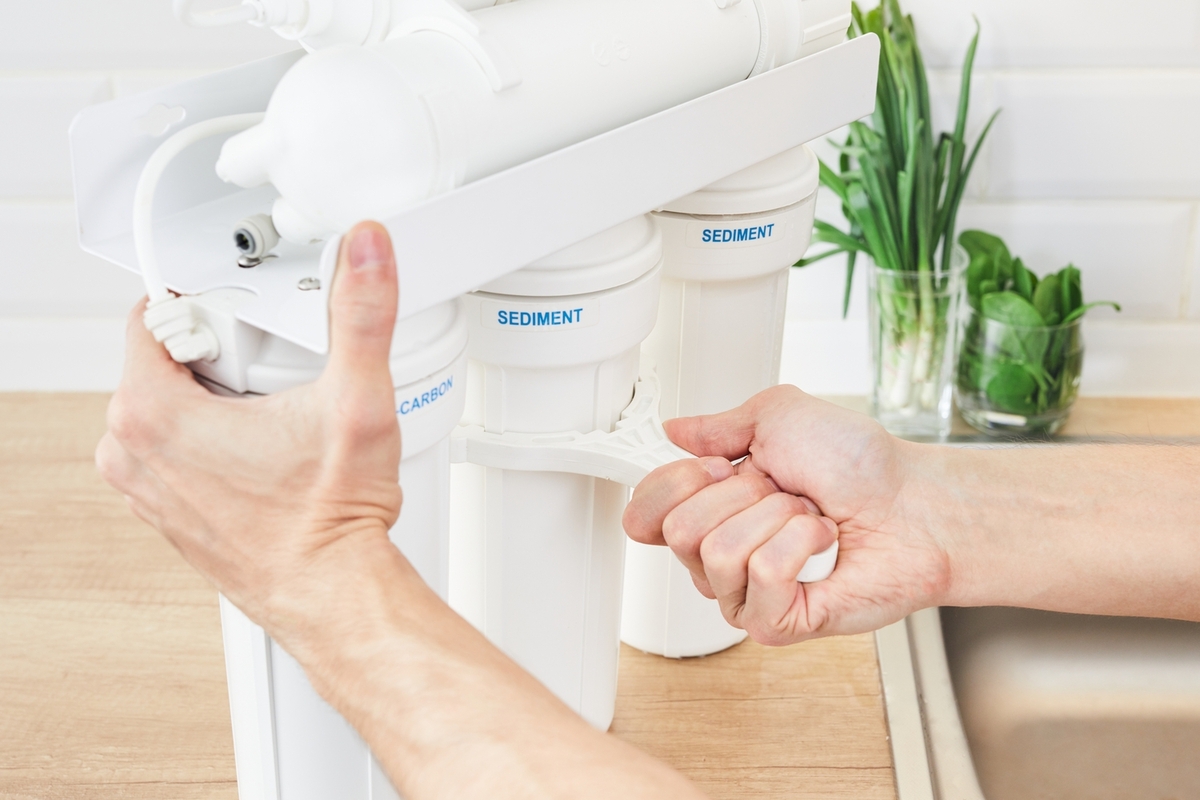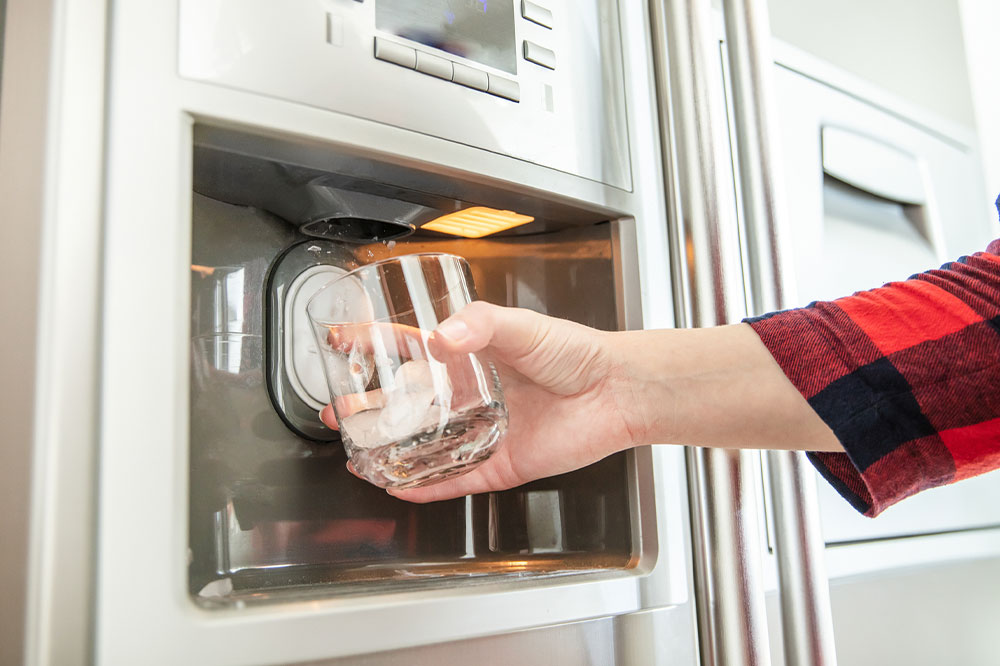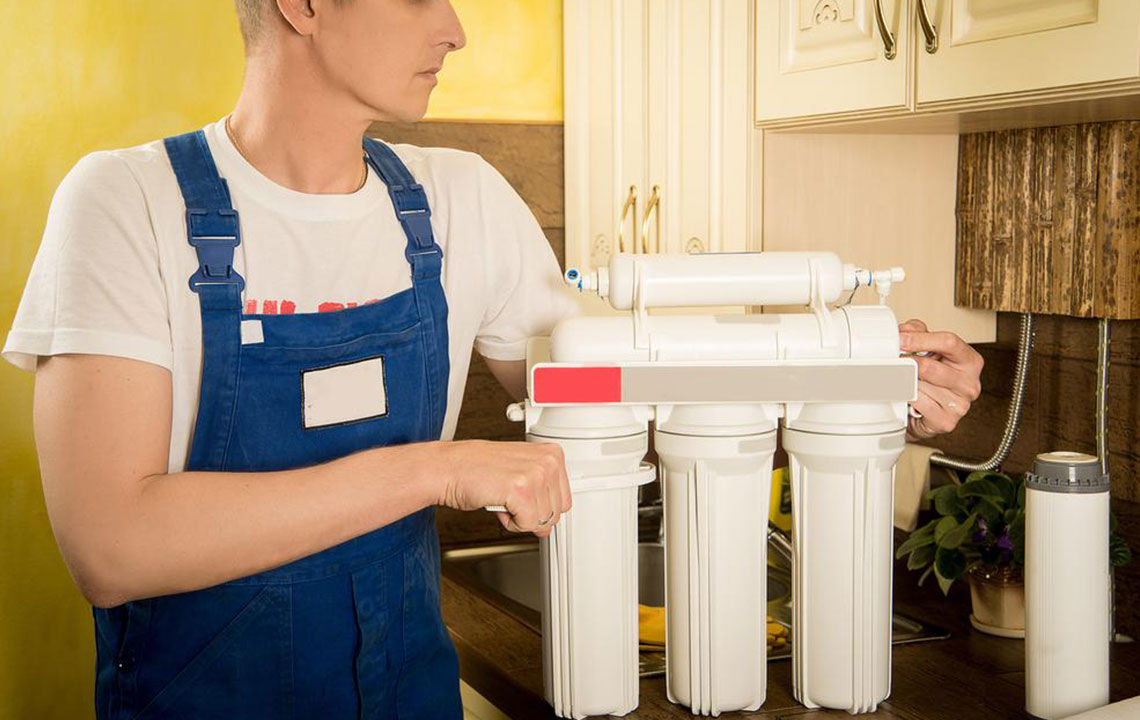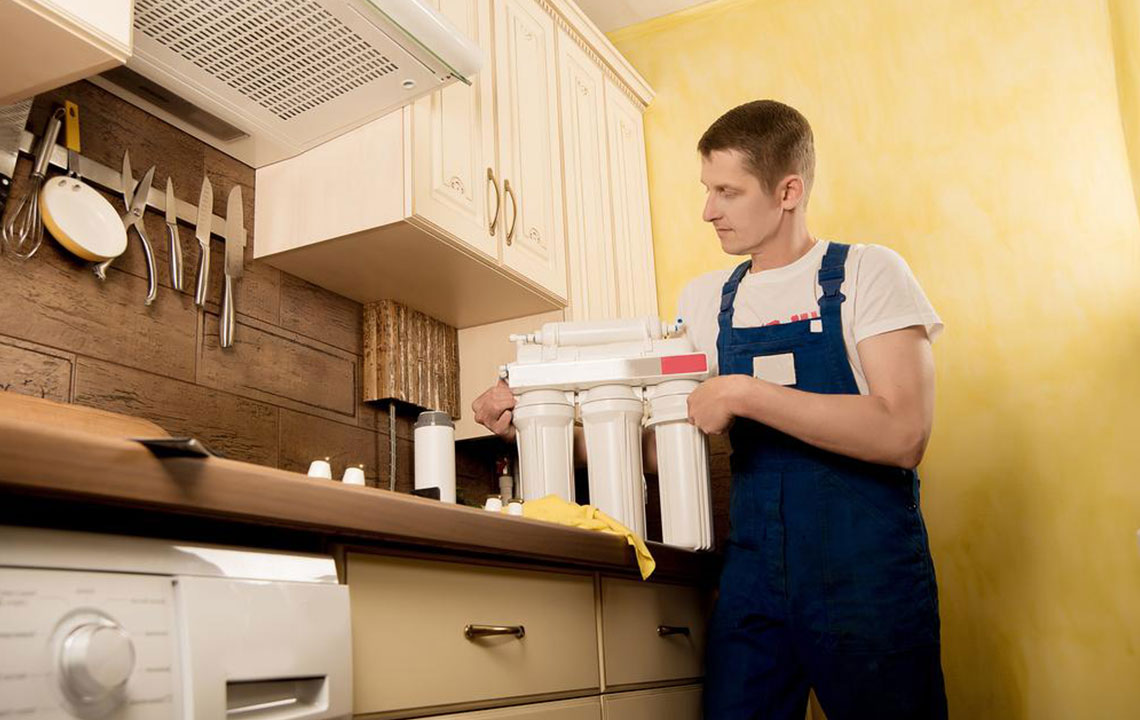A Complete Guide to Water Filtration Costs and Options
This guide offers a detailed overview of water filtration costs, covering various systems from point-of-use to whole-house solutions. It highlights factors affecting expenses, maintenance requirements, and long-term costs. By understanding these aspects, homeowners and businesses can choose the most suitable and cost-effective water purification methods to ensure safe drinking water. The article emphasizes inspecting water quality before selecting a system and compares different options to help readers make informed investment decisions for health and safety.
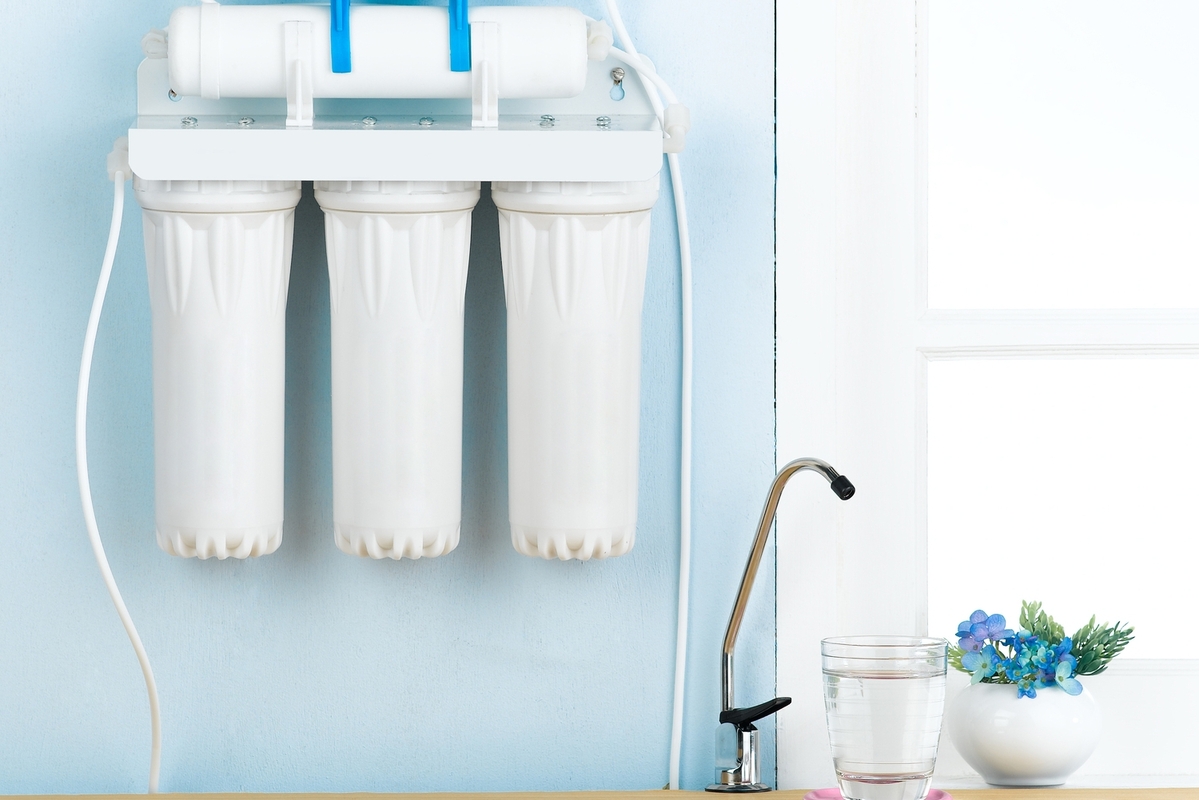
Exploring Water Filtration Expenses: An In-Depth Overview
Ensuring access to clean and safe water is essential for homes, businesses, and industries. As concerns about water pollutants grow, many are turning to filtration systems. Understanding the costs involved can be challenging due to the variety of choices available.
This article breaks down the costs associated with different water filtration solutions, including initial setup, routine upkeep, and long-term investment. We discuss factors influencing costs, compare system types, and evaluate their effectiveness to help you make informed decisions about water purification.
Designed for homeowners, business owners, and professionals, this guide provides insights into choosing the right water filtration system.
Types and Costs of Water Filtration Systems
Various systems exist, differing in cost, efficiency, and installation needs. They target specific contaminants. Here's an overview of common options:
1. Point-of-Use (POU) Systems
Installed at specific water points like kitchen sinks or refrigerators, POU systems are ideal for drinking and cooking water.
Types of POU Solutions:
Activated Carbon Filters: Remove chlorine, sediments, VOCs, and chemicals.
Reverse Osmosis (RO) Units: Remove lead, arsenic, fluoride, and dissolved solids.
Cost Overview:
Activated Carbon : $20 - $200 (countertop/under-sink)
Reverse Osmosis: $150 - $500 (residential)
Installation Fees:
Activated Carbon: Often DIY, included in purchase.
RO Systems: $150 - $300 for professional setup.
Maintenance Expenses:
Activated Carbon: Replace cartridges every 6-12 months, costing $20-$80.
RO Units: Membrane replacements ($50-$150 every 1-3 years), pre-filters ($10-$30 every 6 months).
2. Whole House Filtration Systems
Installed at main water entry points, these systems deliver filtered water to all fixtures. Suitable for households and businesses needing extensive purification.
Types Include:
Sediment Filters: Trap debris and large particles.
Activated Carbon Filters: Reduce chemicals, chlorine, and odors throughout the property.
Water Softeners: Eliminate minerals causing hard water.
UV Purifiers: Inactivate bacteria and viruses using ultraviolet light.
Cost Breakdown:
Sediment Filters: $50 - $300
Carbon Units: $300 - $1,500
Water Softeners: $400 - $2,500
UV Systems: $200 - $1,000
Installation Rates:
Sediment Filters: $200 - $500
Carbon Filters: $500 - $1,500
Softener Systems: $500 - $2,000
UV Purifiers: $250 - $800
Upkeep Costs:
Sediment Cartridges: $50 - $150, replaced every 6 months.
Carbon Filters: $100 - $300 annually.
Salt for Softeners: About $5 - $10 monthly.
UV Lamp Replacement: $50 - $150 every 1-2 years.
3. Portable Water Filtration Devices
Ideal for travel or emergencies, these include water pitchers, portable bottle filters, and purification tablets.
Cost Summary:
Water Pitchers: $15 - $50
Portable Bottle Filters: $25 - $100
Water Purification Tablets: $5 - $15 per 30-day supply
Ongoing Costs:
Pitcher Filters: $10 - $20 every 1-3 months.
Bottle Filter Replacements: $15 - $30 every 3-6 months.
Key factors influencing filtration costs include water quality, system size, brand features, and installation complexity. Larger properties or higher levels of contamination demand more advanced and costly systems. Premium brands offering smart features typically come at higher prices but may save money over time due to efficiencies. Professional installation is often necessary for comprehensive systems, adding to initial expenses. Routine maintenance and filter replacements are ongoing costs to consider.
To select the best system, testing your water helps identify specific pollutants, enabling tailored and cost-effective choices. Comparing initial prices with long-term expenses ensures you invest wisely in your water safety. Choose from simple pitcher filters to advanced whole-house solutions to guarantee safe drinking water for your needs.
References: EPA Water Quality Standards, Consumer Reports on Water Filters, NSF Certification

